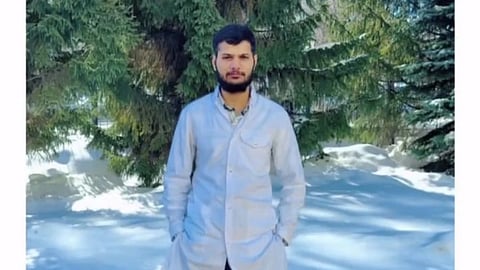A tragic discovery unfolded on 6 November 2025, when the body of a 22-year-old Indian student was found in a dam near the city of Ufa, in the Republic of Bashkortostan, Russia. The dam is adjacent to the White River (“Belaya River”), a watercourse running near the campus of Bashkir State Medical University where the student was enrolled.
The individual is identified as Ajit Singh Chaudhary, a resident of Kafanwada (also spelled Kaphanwada) village in the Lakshmangarh region of the Alwar district, Rajasthan, India. He had been studying for his MBBS degree at the Bashkir State Medical University since 2023.
On 19 October 2025, at around 11 a.m., Chaudhary left his university hostel saying he was going out to buy milk. He did not return. In the days following his disappearance, on October 20th, his clothes, mobile phone and shoes were found on the riverbank near the White River, raising concerns. After nineteen days of being missing, his body was recovered in the dam adjacent to the river.
The exact cause of death has not been officially confirmed. Local reports describe the circumstances as “suspicious” due to the discovery of his personal items near the riverbank and the length of time before his body was recovered. Indian authorities and student associations have urged a thorough investigation into what they term a possibly untoward incident. All India Medical students' association foreign students wing has requested assistance from external ministry to return the mortal remains from Russia.


